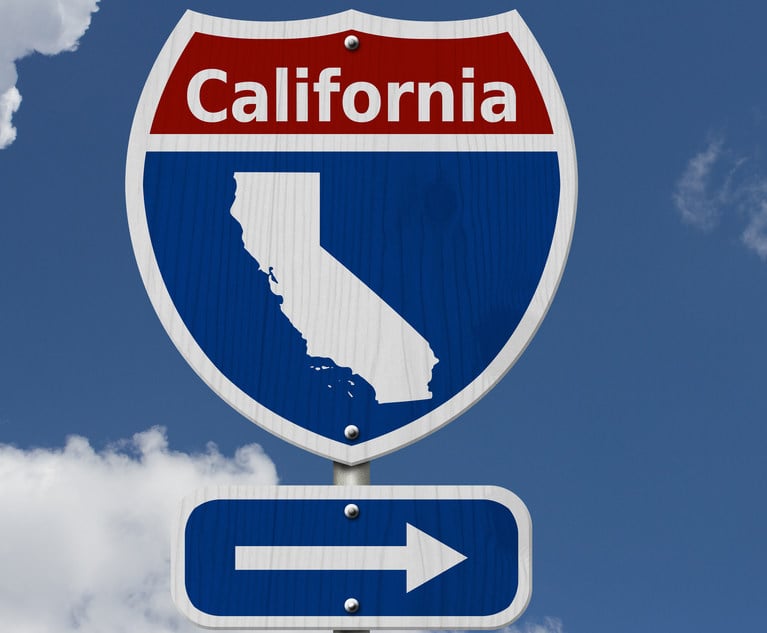They Say, Hearsay
|It's painful to watch the oil spill in the Gulf of Mexico smearthe environment. This disaster will have a lasting impact on landand sea, and the economic damage done to all the businesses inFlorida who rely on the water and tourism also will last a longtime. How can anyone be sure that insurance claims related to theoil spill will be paid?
|We Say
|Insurance losses from the explosion and sinking of the DeepwaterHorizon oil well are expected to be the largest ever for globaloffshore energy insurance and reinsurance markets. The question isif the pockets of private insurance covering energy platform riskand the pockets of British Petroleum (BP) are deep enough to paythem. In a word, the answer is yes.
|Under the Oil Pollution Act, BP has the liability to pay forclean-up costs, and it has vowed to pay for all "legitimate claims"caused by the oil spill. The estimate for private insuranceindustry losses related to the Deepwater Horizon oil rig arebetween $1 billion and $3.5 billion. Because energy risks arespread globally across a broad range of insurers and reinsurers,these claims are manageable.
|The bigger question is how BP's self-insurance will work overwhat may be years of claim payouts related to business interruptionand loss of income. (Of course, there will be numerous lawsuitsagainst BP, equipment manufacturers, suppliers and others, but Iwill leave that subject to others.)
|
First, some background. The Deepwater Horizon oil rig is a jointventure with 65 percent interest owned by BP, 25 percent interestby Andarko Petroleum, and 10 percent interest by Mitsui OilExploration. Each has insurance mechanisms in place (see chart onpage 18). Claims filed under first-party insurance policies will beeasier to manage, thanks to the standardized policy forms thatoffer predictability about what is covered and what is not.Third-party claims are another story. Complex insurance programsstructured by oil companies use non-standard policies, and suchpolicies often lead to interpretations of policy language afterlarge-scale mishaps.
|Businesses owners will likely wonder if their businessinterruption insurance provides economic relief from losses relatedto the oil spill, and if not, why. The Insurance InformationInstitute encourages business owners to have a conversation withtheir agents about these coverage questions. It is an opportunityfor agents to explain how business interruption insurance works —requiring direct physical damage to a property before the coveragekicks in. Some business owners, particularly those in thehospitality business and commercial fishing, are already sufferingfrom the mere perception that oil is washing over many of ourbeaches. If that perception becomes reality, consumers willquestion the value of business interruption coverage — along withour value as insurance professionals if we are not proactive aboutrecognizing that catastrophic events can be educationalplatforms.
|In addition to explaining how business interruption insurance islinked to property insurance, we also must point out the pollutionexclusion, which can lead to a discussion on the need for floodinsurance. The National Flood Insurance Program (NFIP) issued somebullet points to address concerns over oil in the gulf mixing withflood waters this hurricane season, explaining how coverage wouldwork if a hurricane or another event mixes oil with floodwaters:
|? Under the terms of the General Property Form of the StandardFlood Insurance Policy (for commercial buildings, with property andcontents coverage purchased separately), damage caused bypollutants is limited to $10,000.
|? Under the Dwelling Form and Residential Condominium BuildingAssociation Policy Form, damage to the building and contents (withboth coverage types purchased separately) from pollutants is paidup to policy limits.
|? Damage to ground, soil or land caused by flood, oil, or floodwater mixed with oil is not covered by NFIP policies.
|At the time this article was written, the federal government waslooking at setting up a fund to speed up claims payments to thoseaffected by the oil spill. Establishing such a process may not beefficient in the short term. However, as the effects of the oilspill disaster linger, it may be the best way to bring consistencyand fairness to the claims process.
|Another major catastrophe has caught the world's attention.While we as insurance people cannot fix the problem offshore, wecan do something to address its aftermath. We should be reachingout to our clients with answers now to help them understand theirinsurance contracts before they are forced to ask us questions.
|Lynne McChristian is the Florida representativefor the Insurance Information Institute. She may be contacted at813-480-6446, [email protected].Also, see www.InsuringFlorida.org for her insurance blog, "StraightTalk."
Want to continue reading?
Become a Free PropertyCasualty360 Digital Reader
Your access to unlimited PropertyCasualty360 content isn’t changing.
Once you are an ALM digital member, you’ll receive:
- All PropertyCasualty360.com news coverage, best practices, and in-depth analysis.
- Educational webcasts, resources from industry leaders, and informative newsletters.
- Other award-winning websites including BenefitsPRO.com and ThinkAdvisor.com.
Already have an account? Sign In
© 2024 ALM Global, LLC, All Rights Reserved. Request academic re-use from www.copyright.com. All other uses, submit a request to [email protected]. For more information visit Asset & Logo Licensing.








